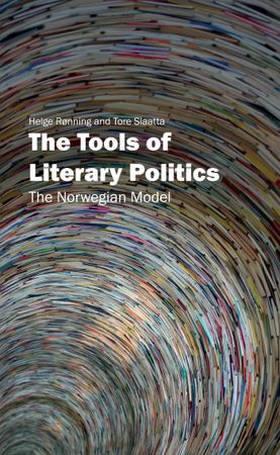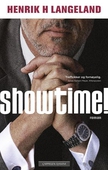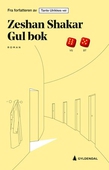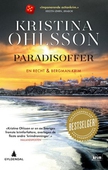
Legg til i ønskeliste
Gratis utdrag
- Sett i bokhyllen
- Les gratis utdrag
The tools of literary politics ebok
199,-
Despite being a small country with a small language market, a large number of books are written and published in Norway. Authors, publishers, bookstores and other industry actors are important for the scope and quality of production and distribution of Norwegian literature. But if the literature is to develop as it should, there must also be an active and committed literature policy.
The Tools of Literary Politics. The Norwegian Model is based on an analysis of the role of literature and the …
Ebok
199,-
Undertittel
the Norwegian model
Forlag
Scandinavian Academic Press
Utgitt
28 oktober 2019
Lengde
152 sider
Sjanger
Kunst og kultur, Politikk og samfunn, Dokumentar og fakta
Språk
English
Format
epub
DRM-beskyttelse
Vannmerket
ISBN
9788230402603
Despite being a small country with a small language market, a large number of books are written and published in Norway. Authors, publishers, bookstores and other industry actors are important for the scope and quality of production and distribution of Norwegian literature. But if the literature is to develop as it should, there must also be an active and committed literature policy.
The Tools of Literary Politics. The Norwegian Model is based on an analysis of the role of literature and the written language for the development of modern society. In this book, Helge Rønning and Tore Slaatta argue for a forward-looking literature policy in Europe and provide a review of the most important instruments in Norwegian literature policy.
Which instruments have been developed in Norway in order to maintain a vast spectre of writings? What challenges are literary policies in Europe facing? And how can an active literature policy, both in the field of cultural policy and knowledge policy, develop the literature in tomorrow's multimedia society?





